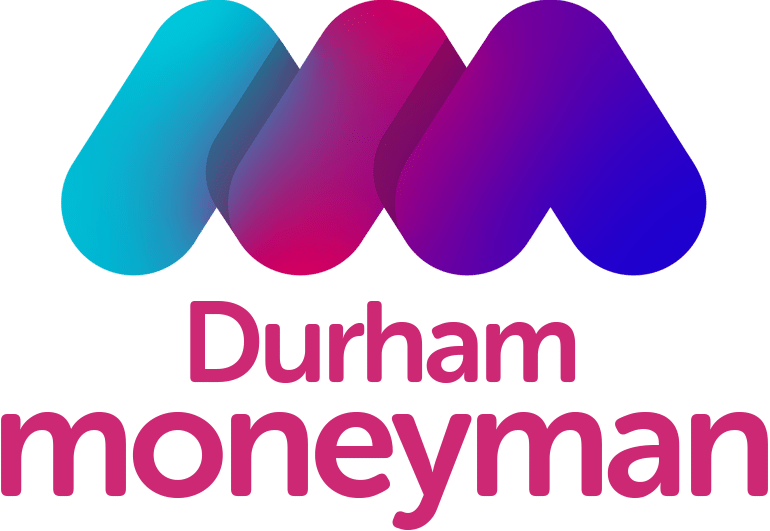Mortgage Advice in Durham
In order to understand what happened with the “Credit Crunch”, we need to take a look back on the years that lead up to it. If a first time buyer in Durham took out a mortgage to buy a home back in the 1970s and ’80s, it’s very likely that this process was undertaken through a building society. It may be hard to believe, but your high street bank did not always offer their customers mortgages!
To find out whether you qualified for a mortgage or not, you’d have made an appointment with the building society manager and spoke with them. Customers would be encouraged to take out savings accounts with the building society and then the building society would use those people’s savings to lend to their other customers. Interest-rates would also be higher to borrowers than the rate they were paying to savers, in order for them to turn a profit.
Once the banks started to get involved with mortgage lending, they moved away from that older model. Instead, they opted to “buy” the money from markets, in order to accelerate the rate in which they could lend money to their customers.
Mortgages in The Noughties
If we move ahead of time and into the mid-2000s, there were plenty of new specialist lenders working within the mortgage market. Most of these originated from North America. Their way of handling business was to sell their book of mortgage customers, allowing them to raise new funds and continue the cycle of lending.
This method of practice was labelled Securitisation. The investors that bought these books were larger financial institutions such as pension funds and other High Street Banks.
The market was booming and these mortgage lenders were making a great deal of money. The newer lenders seized an opportunity by introducing more relaxed lending criteria. Poor credit history? Don’t worry about it. Wanting to self-certify? Go for it! These sorts of things were no issue for their businesses, or so they thought at the time…
Apparent Problems in the Market
As anyone with an inkling of common sense might have anticipated, these mortgages began to default. Major banks lost their confidence in each other, due to the uncertainty of how exposed they were in the very quickly falling apart subprime mortgage market.
In very quick fashion, the once sustainable banks’ share prices had completely dropped. A select few were bailed out by the UK Government (or more accurately, the taxpayer) in order to stop them going under altogether, whilst many failed to stay afloat.
Over the course of “The Great Recession”, a total of almost 80 different banks, building societies and lenders around the world, across 20 different countries, filed for bankruptcy or were acquired.
Because of this utter economic disaster, lending quickly dried up. Property prices dropped by a large amount and everyone lost confidence in the UK economy. It took almost a decade for the market to safely get back to a point where it could function sustainably once again.
Economic Recovery
Nobody wanted this to happen again, especially the UK Government, so investigations took place that aimed to look into what exactly happened and where it all went wrong. These studies led to the carefully thought out “Mortgage Market Review of 2014” that led the charge forward.
Self-cert mortgages had already been completely banned by then, but the biggest change to come out of this was that lenders themselves were now solely responsible for ensuring that the customer could in fact afford their mortgage payments.
Why use a mortgage broker in Durham?
The lenders were now responsible for digging deeper into customers incomes and outgoings with more precise lending criteria. They were paying more attention to credit commitments, childcare and other outgoings, so they could ensure customers were definitely able to afford their mortgage repayments on a consistent basis.
We have no doubts that it has now become a lot harder to get a mortgage than it was back in the day, though this is absolutely for the betterment of the industry, the economy and homeowners nationwide. Customers need to be a lot more organised with paperwork in order to prove their finances and be taken seriously by lenders and home sellers alike.
So many mistakes were made in the period running up to the Credit Crunch, but we hope that the industry learned a lesson this time and has lowered its chances of ever falling into a rut like this again.
Date Last Edited: December 6, 2023















